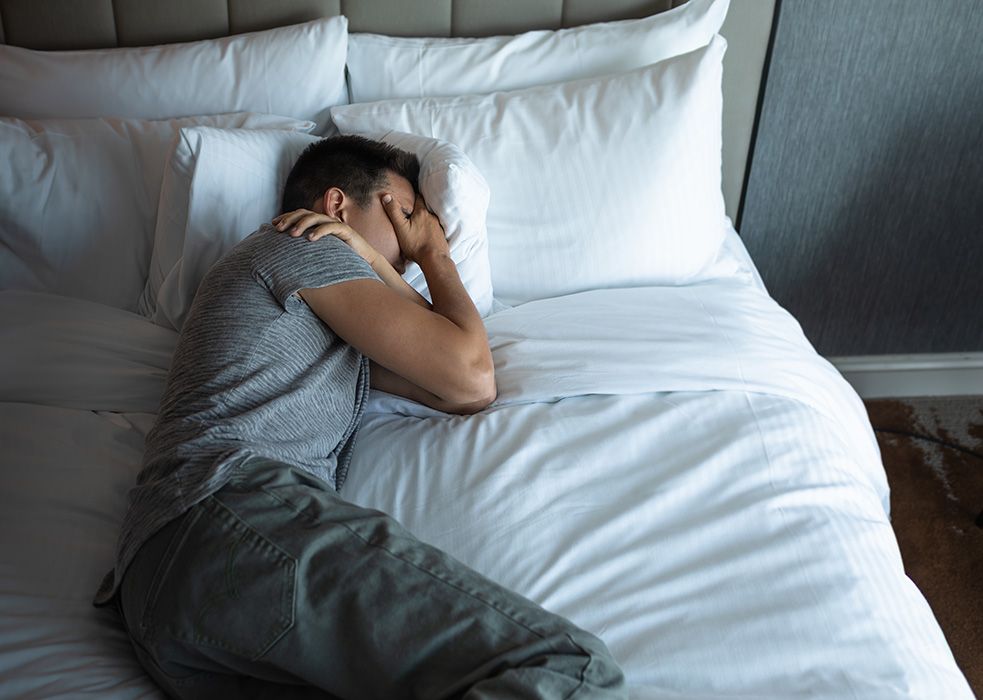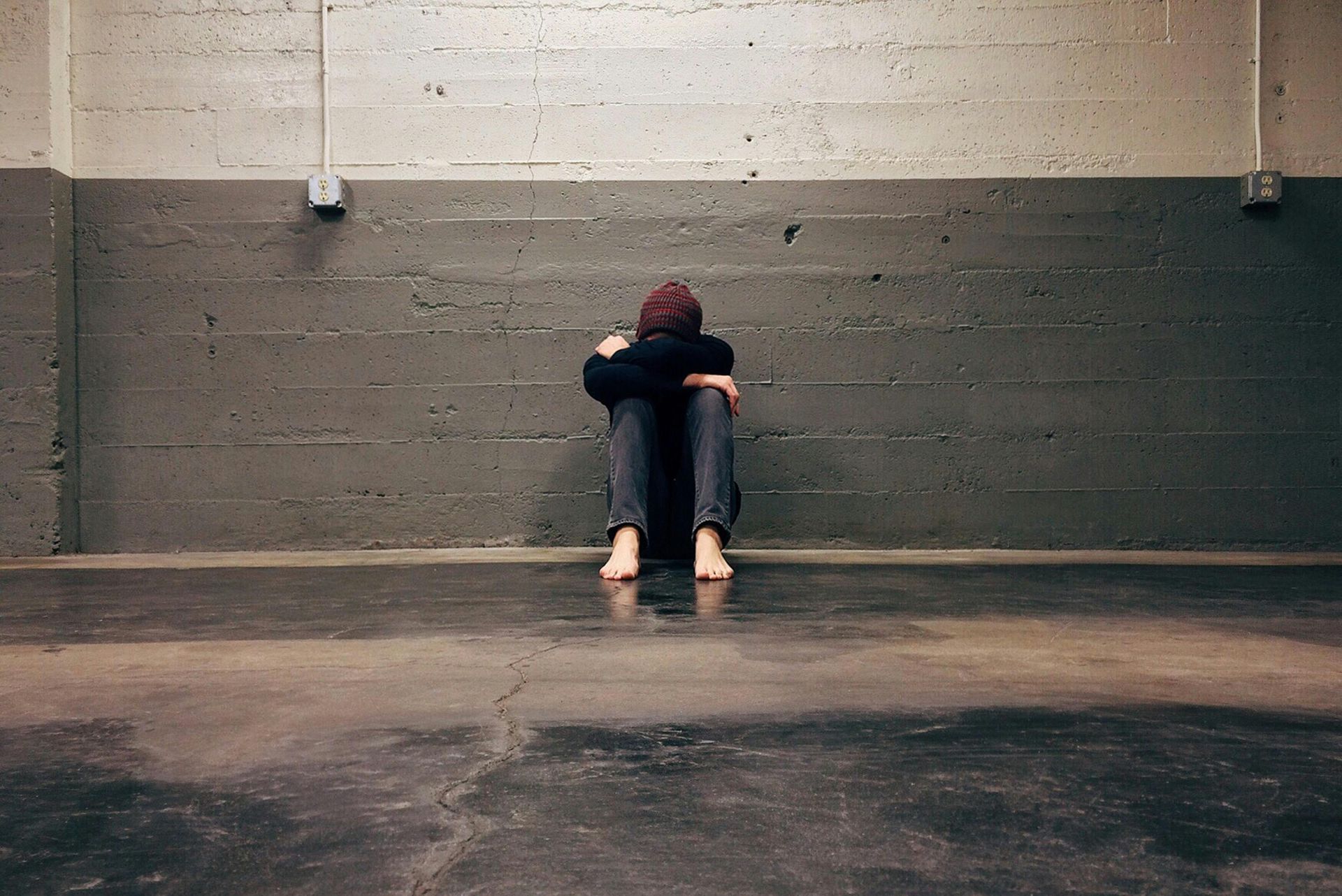What is Stress?

Stress is our body’s response to pressure. Many different situations or life events can cause stress. It is often triggered when we experience something new or unexpected that threatens our sense of self or when we feel we have little control over a situation.
We all deal with stress differently. Our ability to cope can depend on our genetics, early life events, personality and social and economic circumstances.
When we encounter stress, our body produces stress hormones that trigger a fight or flight response and activate our immune system. This helps us respond quickly to dangerous situations.
Sometimes, this stress response can be helpful. It can help us push through fear or pain so we can run a marathon or deliver a speech, for example. Our stress hormones usually return to normal quickly once the stressful event is over, and there won’t be any lasting effects.
However, too much stress can cause adverse effects. It can leave us in a permanent stage of fight or flight, leaving us overwhelmed or unable to cope. Long term, this can affect our physical and mental health.
What makes us stressed?
Many things can lead to stress: bereavement, divorce or separation, losing a job or unexpected money problems.
Work-related stress can also have a negative impact on your mental health. People affected by work-related stress lose an average of 24 days of work due to ill health.
Even positive life changes, such as moving to a bigger house, gaining a job promotion or going on holiday, can be sources of stress. If you feel stressed in these situations, you may struggle to understand why or be unwilling to share your feelings with others.
What are the signs of stress?
How you might feel:
- anxious
- afraid
- angry or aggressive
- sad
- irritable
- frustrated
- depressed
These feelings can sometimes produce physical symptoms, making you feel even worse.
How your body might react:
- headaches
- nausea
- indigestion
- digestive problems such as constipation, bloating or diarrhoea
- shallow breathing or hyperventilating
- sweating
- heart palpitations
- aches and pains
How you might behave:
- withdraw from other people or snap at them
- be indecisive or inflexible
- be tearful
- have problems getting to sleep or staying asleep
- experience sexual problems
- smoke, drink alcohol or take drugs more than usual
If the stress is long-lasting, you may notice your sleep and memory are affected, your eating habits change, or you feel less inclined to exercise.
Some research has also linked long-term stress to gastrointestinal conditions like Irritable Bowel Syndrome (IBS) or stomach ulcers and conditions like cardiovascular disease.
How can you help yourself?
If you're feeling stressed, there are some things you can try to feel less tense and overwhelmed:
- Think about where you can make changes
Are you taking on too much? Could you hand over some things to someone else? Can you do things in a more leisurely way? You may need to prioritise things and reorganise your life, so you’re not trying to do everything at once.
- Build supportive relationships
Find close friends or family who can offer help and practical advice that can support you in managing stress. Joining a club or a course can help to expand your social network and encourage you to do something different. Activities like volunteering can change your perspective and have a beneficial impact on your mood.
- Eat healthily
A healthy diet can improve your mood. Getting enough nutrients (including essential vitamins and minerals) and water can help your mental well-being.
- Be aware of your smoking and drinking
Cut down or cut out smoking and drinking if you can. They may seem to reduce tension but actually make problems worse. Alcohol and caffeine can increase feelings of anxiety.
- Get some exercise
Physical exercise can help manage the effects of stress by producing endorphins that boost your mood. It can be hard to motivate yourself if you're stressed, but even a little bit of activity can make a difference. For example, you could aim to walk for 15-20 minutes three times a week.
- Take time out
Take time to relax and practice self-care, where you do positive things for yourself. Striking a balance between responsibility to others and responsibility to yourself is vital in reducing stress levels.
- Get some restful sleep
If you’re having difficulty sleeping, you can try to reduce the amount of caffeine you consume and avoid too much screen time before bed
8. Be kind to yourself
Try to keep things in perspective, and don't be too hard on yourself. Look for positive things in your life, and write down things that make you feel grateful.
